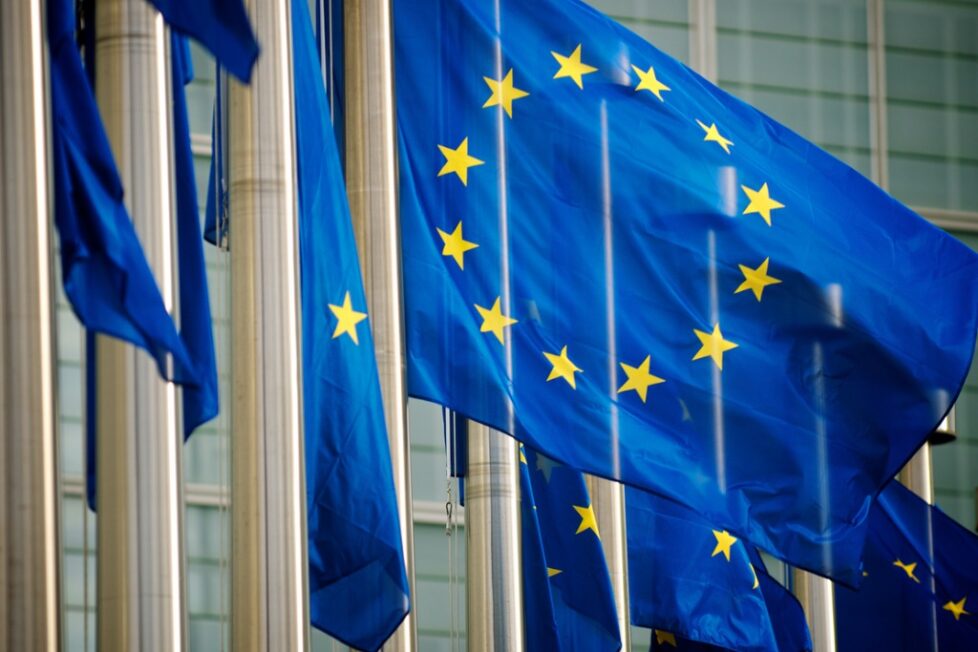EU Council Approves Scaled-Back Environmental, Human Rights Sustainability Due Diligence Law


EU member states in the European Council announced today that they have reached an agreement on a key piece of legislation setting mandatory obligations for companies to address their negative impacts on human rights and the environment, after a compromise was reached to significantly scale back the new law, and to push out its implementation.
The compromise, however, may end up salvaging the corporate sustainability due diligence directive (CSDDD), which was at risk after hitting a major roadblock last month, in failing to be approved by the Council following objections from countries including Germany and Italy, despite a provisional agreement on the regulation reached earlier by the Council with the EU Parliament.
Council’s agreement on follows a four-year process to advance the regulation, beginning with studies by the European Commission in 2020 on directors’ duties and sustainable corporate governanceGovernance deals with a company’s leadership, executive pay, audits, internal controls, and shareholder rights. More and on due diligence requirements in the supply chain, leading to the Commission’s proposed CSDDD draft in February 2022, setting out obligations for companies to identify, assess, prevent, mitigate, address and remedy impacts on people and planet – ranging from child labor and slavery to pollution and emissions, deforestation and damage to ecosystems – in their upstream supply chain and some downstream activities such as distribution and recycling.
While the Council adopted its position on the directive in late 2022 and reached an agreement on the CSDDD with Parliament in December 2023, a vote on its approval in Council was postponed in January after Germany threatened to not support the regulation on concerns of the bureaucratic and potential legal impact it would have on companies, and it was thrown into further doubt when Italy reportedly also subsequently pulled its support, and ultimately failed to pass in late February after a last minute effort by France to significantly scale back the scope of the new rules to only the largest companies in the EU, leading the Belgian presidency of the Council to scramble over the past weeks to reach a compromise to gain sufficient member state support to advance the new law.
One of the most significant compromises reached in the Council will significantly scale back the number of companies by raising the thresholds of those covered by the new legislation to 1,000 employees, up from 500, and to those with revenue greater than €450 million, up from €150 million. The new thresholds will cut back the number of companies in the scope of the CSDDD by roughly two thirds. Lower thresholds that had been in place for high-risk sectors have also been removed, with the possibility to be reconsidered later.
Additional changes to the CSDDD compared to the text agreed with Parliament in December include phasing in the legislation, so that it will only be fully implemented for all in-scope companies five years after coming into force, excluding product disposal activities from the scope of the law, and removing the requirement for companies to promote the implementation of climate transition plans through financial incentives.
With the agreement reached in the Council, the CSDDD will now be sent back to the EU Parliament to consider the approval compromise text, despite the significant changes from its prior agreement with the Council. The revised CSDDD will first go to the Parliament’s legal affairs committee, with a final vote in the plenary likely in April.
Following the announced agreement, Heidi Hautala, Vice President of the European Parliament, and Chair of EP Responsible Business Conduct working group, criticized the Council, calling member states’ behaviour “reprehensible and damaging to the credibility of EU decision-making,” and adding that “instead of respecting the December trilogue agreement, already a balanced compromise, Member States engaged in endless rounds of horse-trading and last-minute attempts to water down the legislation.”
Despite the criticism, however, Hautala said that “the core of the directive remains intact.”